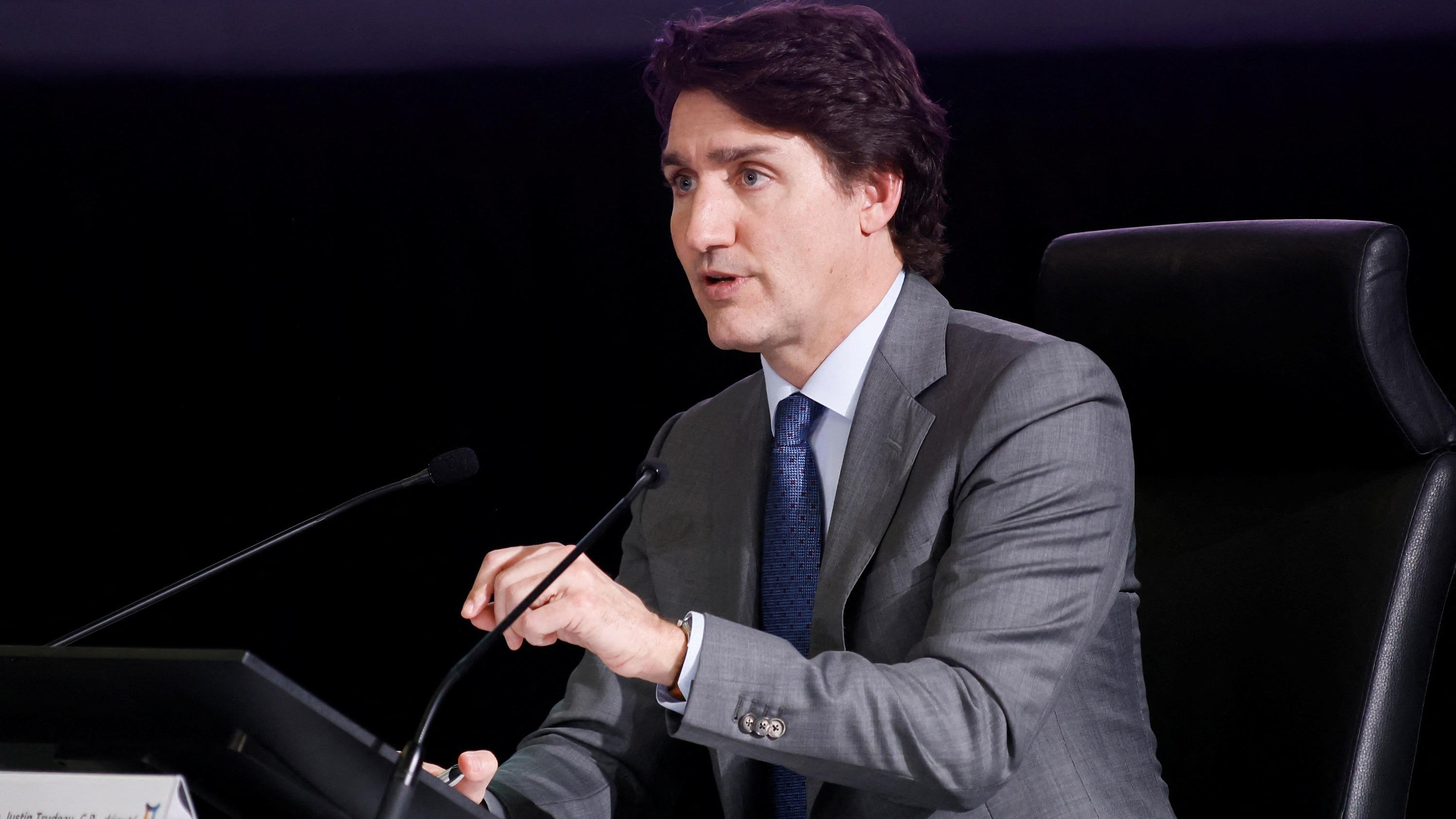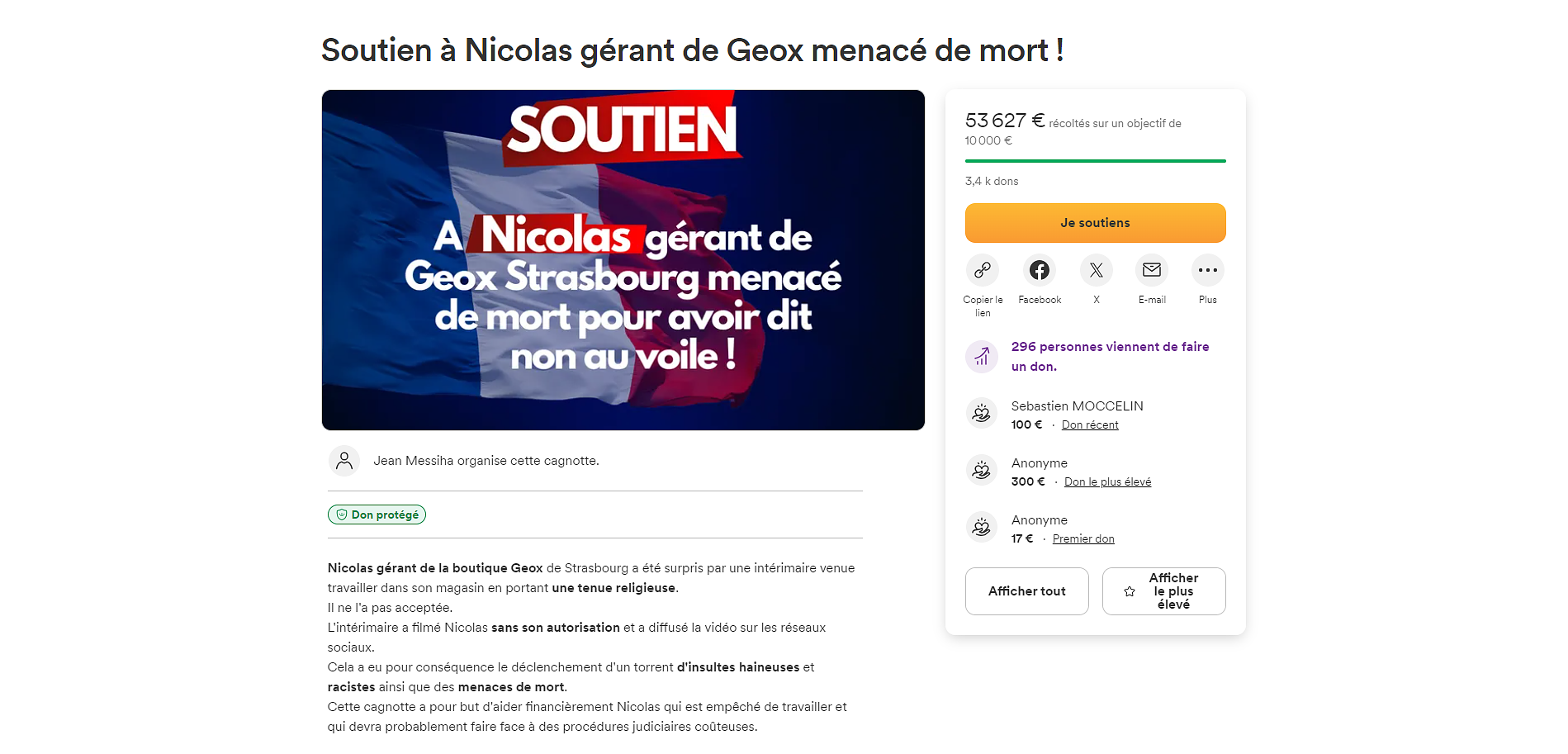Lately, we are experiencing moments of convulsion, confrontation, tension and any other word that evokes an idea of confrontation. These are complex and wild moments that will undoubtedly become part of our history.
This spirit of confrontation is also lived and felt in other aspects of our day to day life, such as, among others, in the relationship between the AEAT and the taxpayers or the AEAT and those of us who provide tax advice. Quite possibly, this situation is not attributable to the body of officials that make up the Tax Agency, but to something that the sector has been criticizing for some time: the constant legislative changes to the tax system that lead to nothing more than terrible and fearsome legal insecurity. What was valid yesterday may be called into question today and may be wrong tomorrow.
From here, based on a certainly complex economic, political, and health context, perhaps this is the moment to abdicate confrontation and advocate weighting and strengthening legal certainty.
By way of example, the controversial issue on the special tax regime for Sicavs, mainly in Corporate Tax, a constantly topical issue due to the recent modification of its regulatory framework and its consequences. On the one hand, the modifications have affected, among other aspects, the requirements for the application of the special tax regime for both vehicles and their investors. This recent modification has led the legislator to establish a transitional regime with various scenarios for those entities that do not meet the new requirements with relevant tax advantages. Curiously, in addition, the regulatory reform has also been extended to the change of the supervisor, formerly the National Securities Market Commission (CNMV) and currently the AEAT, compliance with the new requirements for the application of the reduced rate of 1%.
Without being an expert in financial advice, those initially called Simcav (variable capital investment company) and now known as Sicav (variable capital investment company) constitute a type of collective investment institution that allows a saver to become a shareholder of a company that invests its capital in various assets, thus accessing a portfolio diversified in assets and risks, all under professional management (either by self-management or by entrusting its management to a collective investment institution management company) .
Although it is true that these investment instruments may have been abused due to their attractive tax regime, it is no less true that they have also allowed more modest savers to access a type of diversified and professionalized investment that, otherwise, they would not be able to reach. Therefore, it is not only a modality of Collective Investment Institution (CII) used by large assets but also by small investors. However, the recent modification has meant, on the one hand, the abandonment of this type of instrument, divestment in them and the outflow of capital to Sicav from other European jurisdictions with more lax requirements than those in force in Spain. And, also, that a part of these small investors are deprived of access to this type of financial product insofar as a minimum investment per shareholder in the capital of the entity is now required, which to date was not required.
Undoubtedly, the prosecution of fraud is an objective of all rule of law, but it should not always be carried out through a harsh modification of the regulatory framework in the tax field. In the case that concerns us, possibly the true irregularity is not the application of the special regime and the taxation of 1% of the entity in the Corporation Tax, but what really underlies is that its constitution does not bring cause in the true objective of this type of instrument: that is to say, its constitution does not respond to the will of a collective investment vehicle.
Additionally, and let me point out two additional notes in line with the previous comments.
The first is that all that glitters is not gold. It is true that the taxation of this type of entity is 1% and, therefore, that its direct taxation is very attractive and reduced, however, we forget a second part of the equation: the taxation of the shareholders, since whether natural or legal persons, residents or non-residents. In other words, in order to know the true tax system and its consequent advantages and/or disadvantages, a global analysis must be carried out for a simple question: sooner or later investors will want to perceive the profitability of their capital and recover it and, at that moment, An event subject to taxation will also occur, at which time the much discussed tax advantages may not be such when the tax regulations themselves prevent the possibility of applying certain deductions or exemptions. From here, the analysis of taxation must be carried out jointly, that is, from the point of view of the vehicle, but also of the final investor and it will be then where it will be seen if it really is "all that glitters gold".
And one last note or rather reflection: where is the heritage that was invested up to now under the umbrella of the Sicav? In this sense, as published by the CNMV in its press release at the beginning of April (April 4, 2022), a significant part of the assets of the liquidated Sicav will revert to contributions to IICs, as provided for in the transitional regime, this is, to a special regime with a direct taxation of 1%; so that if this equity from Sicav and reinvested in other IICs is added to the assets managed by Sicav that survive and maintain the special regime of 1%, possibly between seventy and eighty percent of the assets that to date were taxed at 1 %, it will continue to do so at the same rate. So, to finish, the following question arises, was this modification really necessary now considering its purpose and the current economic, political, and health context?
5

 Rishi Sunak wants a tobacco-free UK
Rishi Sunak wants a tobacco-free UK In Africa, the number of millionaires will boom over the next ten years
In Africa, the number of millionaires will boom over the next ten years Iran's attack on Israel: these false, misleading images spreading on social networks
Iran's attack on Israel: these false, misleading images spreading on social networks Iran-Israel: David Cameron wants the G7 to impose “coordinated sanctions” on Iran
Iran-Israel: David Cameron wants the G7 to impose “coordinated sanctions” on Iran New generation mosquito nets prove much more effective against malaria
New generation mosquito nets prove much more effective against malaria Covid-19: everything you need to know about the new vaccination campaign which is starting
Covid-19: everything you need to know about the new vaccination campaign which is starting The best laptops of the moment boast artificial intelligence
The best laptops of the moment boast artificial intelligence Amazon invests 700 million in robotizing its warehouses in Europe
Amazon invests 700 million in robotizing its warehouses in Europe Solar panels: French manufacturer Systovi announces the cessation of its activities due to “Chinese dumping”
Solar panels: French manufacturer Systovi announces the cessation of its activities due to “Chinese dumping” Tesla: canceled in court, Musk's huge compensation plan will again be submitted to shareholders
Tesla: canceled in court, Musk's huge compensation plan will again be submitted to shareholders Two, three or a hundred euros: who are the most generous customers with tips?
Two, three or a hundred euros: who are the most generous customers with tips? Boeing safety examined in US Senate, after whistleblower's revelations
Boeing safety examined in US Senate, after whistleblower's revelations Immersion among the companions of the Liberation
Immersion among the companions of the Liberation Provence-Alpes-Côte d’Azur releases several hundred thousand euros for the promotion of the work of Marcel Pagnol
Provence-Alpes-Côte d’Azur releases several hundred thousand euros for the promotion of the work of Marcel Pagnol A palm of honor distinguishes Studios Ghibli for all of their work
A palm of honor distinguishes Studios Ghibli for all of their work Gaby, a new play by Pagnol adapted into a comic strip
Gaby, a new play by Pagnol adapted into a comic strip Skoda Kodiaq 2024: a 'beast' plug-in hybrid SUV
Skoda Kodiaq 2024: a 'beast' plug-in hybrid SUV Tesla launches a new Model Y with 600 km of autonomy at a "more accessible price"
Tesla launches a new Model Y with 600 km of autonomy at a "more accessible price" The 10 best-selling cars in March 2024 in Spain: sales fall due to Easter
The 10 best-selling cars in March 2024 in Spain: sales fall due to Easter A private jet company buys more than 100 flying cars
A private jet company buys more than 100 flying cars This is how housing prices have changed in Spain in the last decade
This is how housing prices have changed in Spain in the last decade The home mortgage firm drops 10% in January and interest soars to 3.46%
The home mortgage firm drops 10% in January and interest soars to 3.46% The jewel of the Rocío de Nagüeles urbanization: a dream villa in Marbella
The jewel of the Rocío de Nagüeles urbanization: a dream villa in Marbella Rental prices grow by 7.3% in February: where does it go up and where does it go down?
Rental prices grow by 7.3% in February: where does it go up and where does it go down? Europeans: the schedule of debates to follow between now and June 9
Europeans: the schedule of debates to follow between now and June 9 Europeans: “In France, there is a left and there is a right,” assures Bellamy
Europeans: “In France, there is a left and there is a right,” assures Bellamy During the night of the economy, the right points out the budgetary flaws of the macronie
During the night of the economy, the right points out the budgetary flaws of the macronie Europeans: Glucksmann denounces “Emmanuel Macron’s failure” in the face of Bardella’s success
Europeans: Glucksmann denounces “Emmanuel Macron’s failure” in the face of Bardella’s success These French cities that will boycott the World Cup in Qatar
These French cities that will boycott the World Cup in Qatar Union Bordeaux Bègles-Clermont: at what time and on which channel to follow the Top 14 clash?
Union Bordeaux Bègles-Clermont: at what time and on which channel to follow the Top 14 clash? Football: Ada Hegerberg extends at OL until 2027
Football: Ada Hegerberg extends at OL until 2027 Basketball: suspended for life from NBA for fixing his match
Basketball: suspended for life from NBA for fixing his match Paris 2024 Olympic Games: boxer Estelle Mossely wants to parade on the Seine as a flag bearer
Paris 2024 Olympic Games: boxer Estelle Mossely wants to parade on the Seine as a flag bearer


















